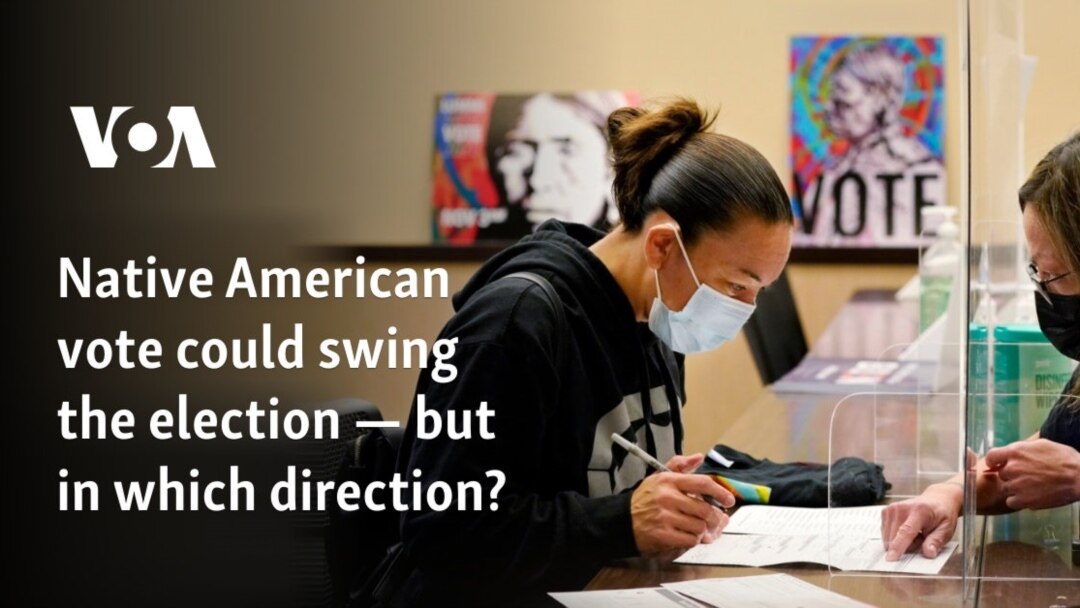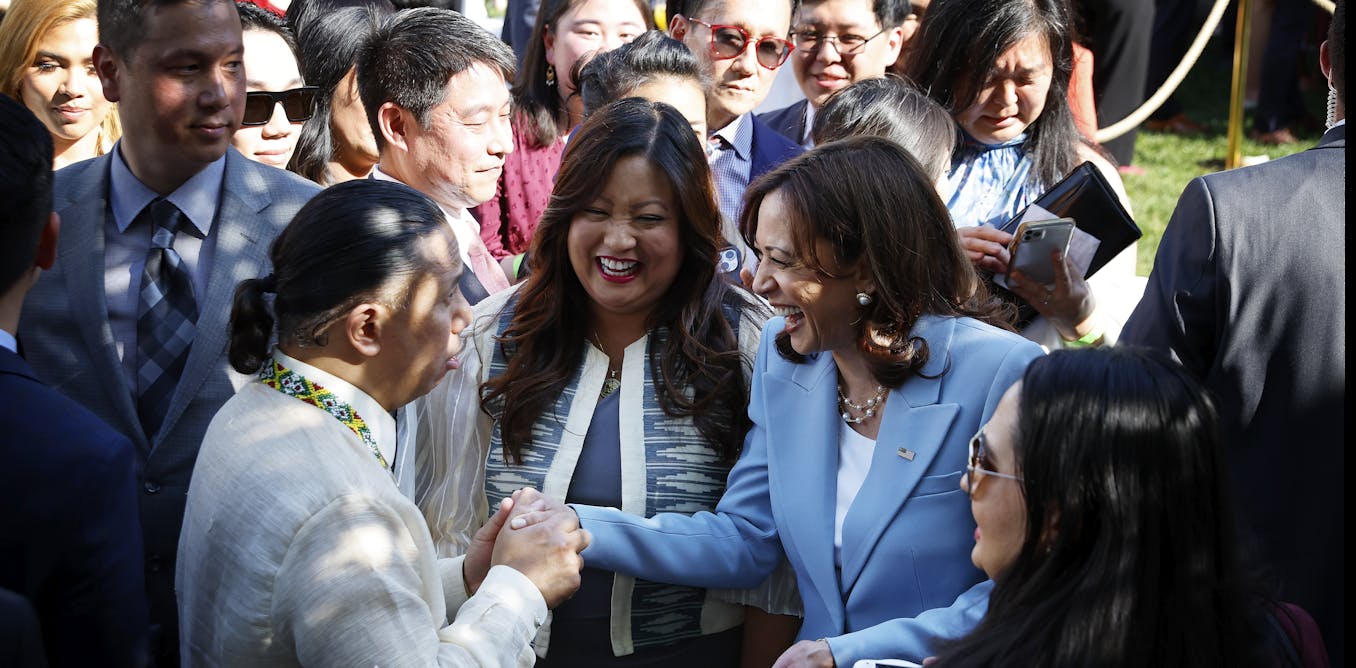- BlackVoter.Org
- Posts
- BLACKVOTER.ORG
BLACKVOTER.ORG

As the 2024 U.S.
presidential election heats up, critical issues are emerging that resonate across communities. Concerns around racial diversity, immigration, gun control, and the legacy of slavery are once again taking center stage.
Voter access remains a pressing concern, particularly for marginalized groups like transgender individuals, who face obstacles updating their IDs, and low-income communities grappling with bureaucratic hurdles. Meanwhile, the political landscape is sharply divided along gender lines, especially among Gen Z voters, where young men predominantly support Trump, and young women rally behind Kamala Harris.
With the stakes rising, it’s imperative for all voters to understand their rights and the implications of these societal challenges. Engaging with these issues not only shapes personal choices but also influences the direction of policies that impact us all.


A year after the Oct. 7 attacks, Vice President Kamala Harris faces growing discontent among Arab American voters in Michigan, a critical swing state.
As tensions escalate in the Middle East, many from this community feel abandoned by the Democratic ticket, with voices like Imam Hassan Qazwini indicating a shift toward third-party candidates after previously backing Biden. Voters express anger over the Biden-Harris administration's support for Israel amidst ongoing violence in Gaza, leading to a surprising openness towards Trump among some disgruntled Democrats.
Both Arab Muslim and Jewish communities are feeling the impacts of the conflict, but while some Jews remain loyal to Democrats, many Arab voters declare they may opt for third-party candidates or even Trump. The sentiments surfacing in Michigan highlight fierce fractures within the Democratic coalition just weeks before the election, raising concerns about the party's future support in diverse communities.

In a controversial legal clash, Arizona's Secretary of State Adrian Fontes faces a lawsuit from the Strong Communities Foundation due to his refusal to provide records for 218,000 voters lacking proof of citizenship. The suit, filed by America First Legal, argues that withholding this public information is unlawful.
Fontes' office countered that releasing the list could spur voter intimidation—a claim disputed by the lawsuit, which shrugged off the Secretary's accusations as baseless conspiracy theories. The issue stems from a coding error at the MVD, affecting voters who registered before 1996 and had not proved their citizenship.
Fontes emphasized the importance of safeguarding every citizen's voting rights, asserting that the existing laws require only an oath of citizenship. Meanwhile, America First Legal insists on transparency in the electoral process, criticizing what they call significant failures in Arizona's election administration.
The case continues to unfold amid heightened tensions over electoral integrity.

As the 2024 election approaches, Native American voter turnout is poised to play a pivotal role, especially in swing states like Arizona and Wisconsin. Organizers are working tirelessly to overcome obstacles like remote locations and limited access to voter registration.
Recent challenges in Arizona regarding a significant voter registration glitch could impact hundreds of thousands, creating uncertainty for Native voters. Notably, polling indicates that while many Native Americans lean Democratic, they prioritize candidates who address tribal issues over party loyalty.
Prominent figures, such as the Kamala Harris-Tim Walz campaign, are making strides to engage Native communities through culturally relevant outreach. However, candidates must be cautious about addressing Native rights without appearing "radical.
" Ultimately, the Native American vote remains a dynamic force that could sway the election, but the direction remains uncertain as candidates vie for crucial support among these key voters.

Kamala Harris has often highlighted her diverse racial background, but simply sharing identity traits isn't enough to secure voter support, especially among Asian Americans. While they lean Democratic, their backing for Harris isn't guaranteed, unlike the stronger support she enjoys from Black Americans.
Influential voting patterns suggest that voters are more likely to support candidates who resonate with their personal experiences and priorities. Issues like immigration, the economy, and Social Security are pivotal for Asian Americans, and Harris needs to connect these issues specifically to their experiences.
Though she has acknowledged her South Asian roots, her ability to connect more personally with Asian American concerns—beyond general topics like hate crimes—will be crucial in harnessing their vote. In the end, building a genuine link to the issues that matter most to them could be the key to energizing support for her 2024 candidacy.

The impact of Black voters on the 2024 election is shifting as younger generations begin to diverge in their political preferences. While Black Americans, particularly Black women, propelled President Biden to victory in 2020, recent polls suggest a rise in support for Republican nominee Donald Trump among young Black men in crucial swing states.
Conversations with diverse Black voters reveal a mix of enthusiasm for Vice President Kamala Harris's candidacy and frustration over the perceived lack of engaging choices. Generational divides emerge, with older voters stressing the importance of participation in democracy, while younger voters express skepticism and apathy regarding elections.
Notably, as Black eligible voters increase in key states, their collective voice could significantly influence the outcome, provided they mobilize to vote. Ultimately, this election is shaping up to be a critical test of political identity and engagement within the Black community.

On September 28, the African American Roundtable (AART) lit up the Lois & Tom Dolan Community Center in Milwaukee with an engaging voters’ game night, designed to inform and unite Black residents. The event fostered lively discussions around voting, registration, and the city’s 2025 budget, while emphasizing the crucial role of civic participation.
Devin Anderson, AART’s campaign and membership director, aimed to make important topics more approachable through the fun of games. Families enjoyed a vibrant children’s area featuring Jenga, Uno, and Spades, creating an intergenerational atmosphere that highlighted the community's shared concerns.
This innovative approach not only entertained but educated attendees, reminding everyone of the power of their voices ahead of the upcoming election.

In a provocative op-ed, the Black Chronicle critiques Kamala Harris's campaign strategy, arguing it caters to uninformed voters. Following a controversial nomination process, Harris's past and limited visibility on policy issues raise concerns among critics.
The author contends that the Democratic Party's selection of Harris reflects a neglect of voter intelligence, leveraging identity politics to secure votes while sidelining qualifications. The op-ed further asserts that a lack of awareness among the electorate allows Democrats to maintain power, promoting candidates who may not serve the public interest.
With inflation and economic issues at the forefront, the piece warns that unless voters become better informed, they may inadvertently support detrimental policies. Ultimately, it calls for a more educated voting base to ensure leadership reflects the people's desires rather than a politically motivated agenda.